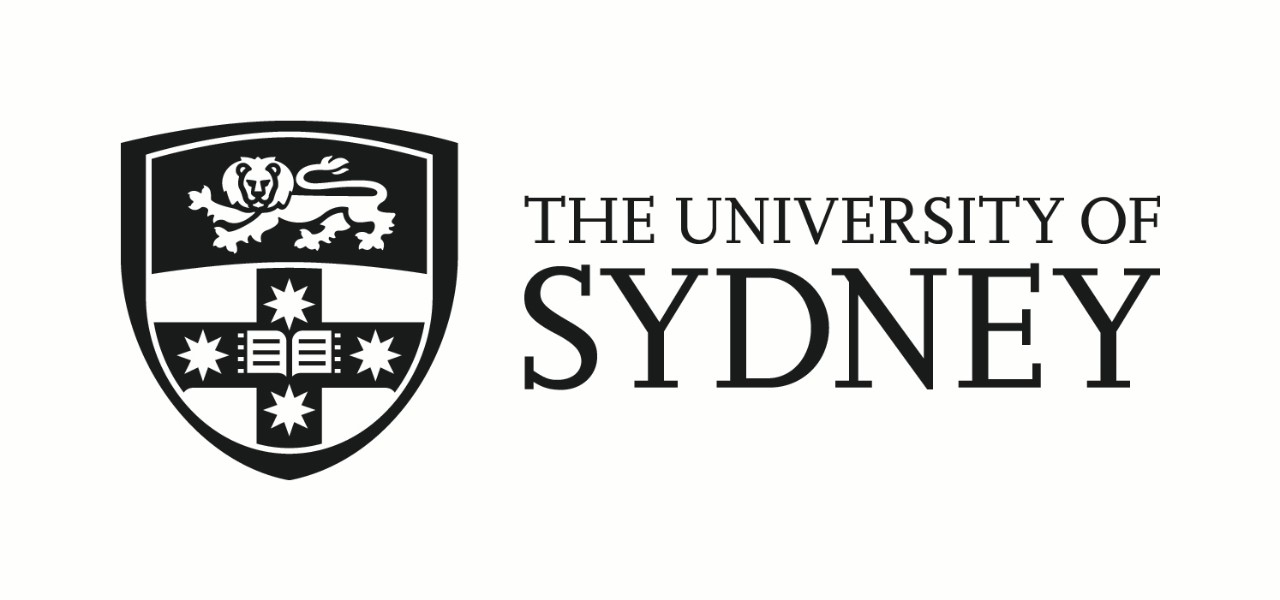
This article is sponsored by the University of Sydney. Authorised by Vice-Chancellor and Principal Prof. Stephen Garton. Enquiries: 9351 2000; info.centre@sydney.edu.au
_________________________________________________________________
The Uluru Statement from the Heart has been announced winner of the 2021 Sydney Peace Prize; Australia’s only international prize for peace.
Proud First Nations leaders and drivers of the Uluru Statement, Professor Megan Davis, Cobble Cobble woman from the Barunggam Nation in South East Queensland; Pat Anderson AO, Alyawarre woman from the Northern Territory; and Noel Pearson, Guugu Yimidhirr man from Hopevale on the Cape York Peninsula, jointly welcomed the announcement and will receive the prize together at an official event later in the year.
Delivered in May 2017 at the National Constitutional Convention, the Uluru Statement from the Heart is an “historic offering of peace” that calls for the establishment of a “First Nations Voice” in the Australian Constitution.
Professor Davis, Ms Anderson and Mr Pearson worked tirelessly to deliver the statement in 2017 and have spent the past four years leading the campaign for a referendum. The announcement of the win coincides with National Sorry Day, and marks four years since the Uluru Statement was originally endorsed by First Nations people from across Australia.
“The Uluru Statement was the culmination of a dialogue process designed to take agreement and disagreement and elicit a pathway forward on the vital question of recognition,” Professor Davis said.
“This is a tribute to the men and women of the dialogues who crafted a roadmap to peace for the nation. We are accepting this prize on behalf of all of the First Nations that participated in the Uluru Dialogues and the National Constitutional Convention at Uluru in 2017.”
The Sydney Peace Foundation at the University of Sydney chose the Uluru Statement from the Heart as a stand-out winner from over 200 community nominations for its dedication to bringing Australia’s First Nations people together around a “clear and comprehensive agenda” for healing and peace.
“The Uluru Statement was issued as an invitation to the Australian people to walk with us First Nations people, and to compel the politicians we elect to embrace change and not be afraid of change. As Australians we walked together once before, in 1967, and it was the highest ‘yes’ vote in Australian constitutional history. We are going to have another run at it,” Ms Anderson said.
“As long as First Nations peoples remain unrecognised, then Australia is missing its most vital heart,” Mr Pearson said, emphasising the need for Australian people from across government, business and the community to come together behind this pathway to peace. “The Uluru Statement was the answer to the Commonwealth’s desire to recognise First Nations in the Constitution. The evidence four years later is overwhelmingly that Australians will support giving us a Voice. It’s time.”
The Sydney Peace Prize recognises leading global voices that promote peace, justice and nonviolence. Former winners include Patrick Dodson, Archbishop Desmond Tutu, Arundhati Roy, Mary Robinson, Noam Chomsky, Naomi Klein, Professor Joseph Stiglitz, the Black Lives Matter Global Network and the #MeToo Movement.
For over two decades the Sydney Peace Prize has been awarded in partnership with the City of Sydney.





